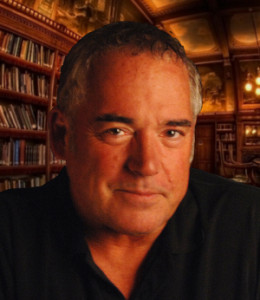Audiobook Narration
Description
Vocal Characteristics
Language
EnglishVoice Age
Middle Aged (35-54)Accents
North American (General) North American (US West Coast - California, Portland)Transcript
Note: Transcripts are generated using speech recognition software and may contain errors.
Chapter one Forensics On November 16th 1959 a young writer in Brooklyn named Truman Capote was reading The New York Times when the headline of a brief article on Page 39 caught his eye. Quote. Wealthy farmer, three of family Slain H W clutter wife and two Children are found shot in Kansas. Home end quote. Capote, who at the time was enjoying fame, is a minor literary figure after publishing breakfast at Tiffany's a year earlier, have been experimenting with a novelistic style of nonfiction for The New Yorker magazine, but had yet to find a subject of sufficient proportions that appealed to him the murder of a Kansas farm family. It's ordinary nous and its impact on a local community, frightened and bewildered by the crimes, provided the fresh perspective he sought in his writing, magnified by a completely foreign setting for Capote had never set foot in the Midwest and knew little about it. Thus began the work that would largely define Capote's life and, to some extent, his reputation after death 25 years later, serialized in four consecutive issues of the New Yorker magazine, beginning Sept 25th 1965 in cold blood was a huge sensation, selling out all copies published. But January 1966 the critical reviews were so strong that the initial print run of some 240,000 hardcover copies flew off the shelves. Since then, the book has never been out of print, having sold millions of copies. Even today, it is required reading and countless high schools throughout the world and has used his case study material for college level courses in fields such as law, criminology and sociology In cold Blood is commonly ranked among the top 100 best American books of all time. In countless surveys categorized as either fiction or nonfiction as author Ralph Voss is noted in Cold Bloods, ongoing relevance stems from its unmatched role as a Touchstone for enduring issues of truth, exploitation, victimisation and the power of narrative.
